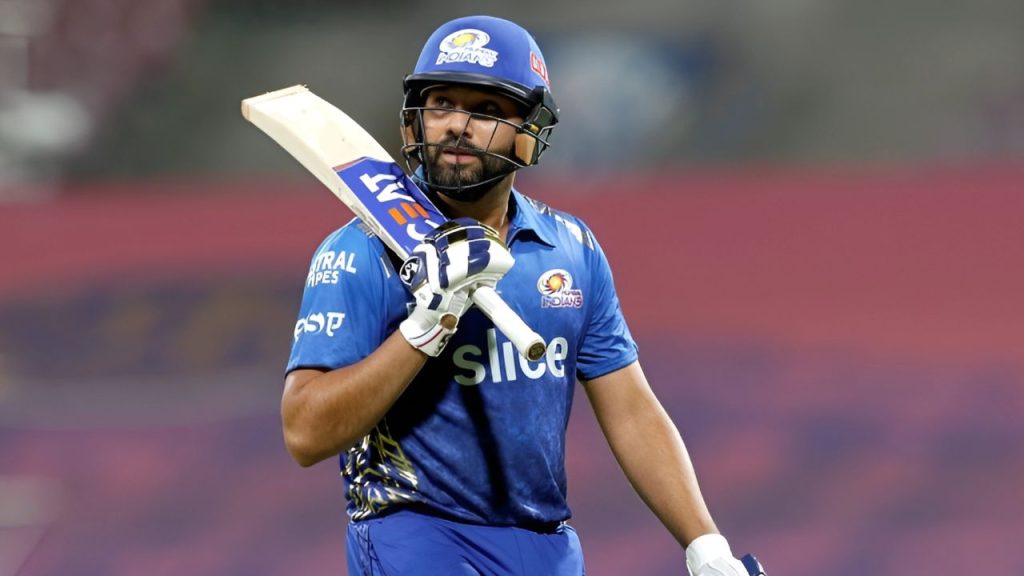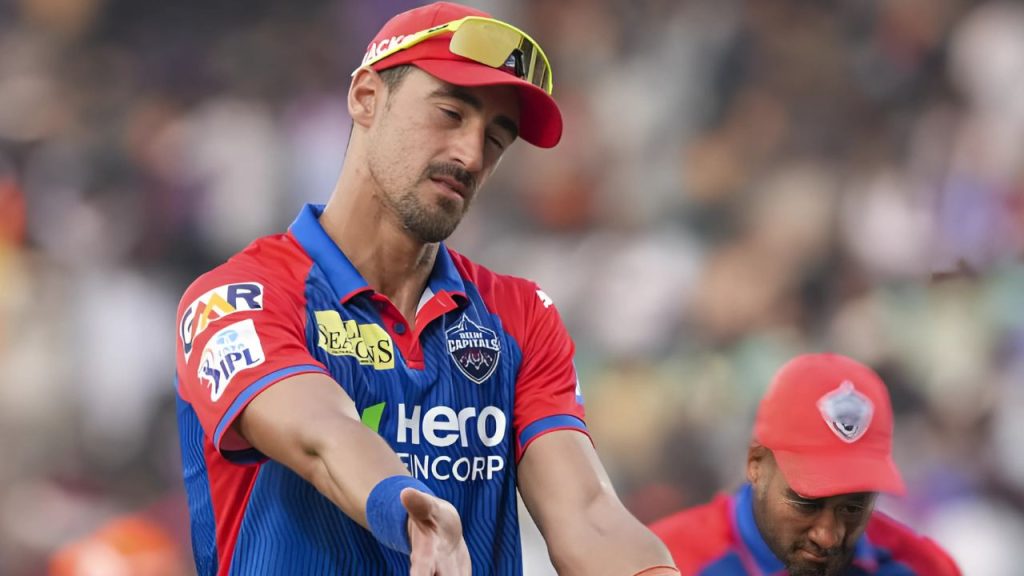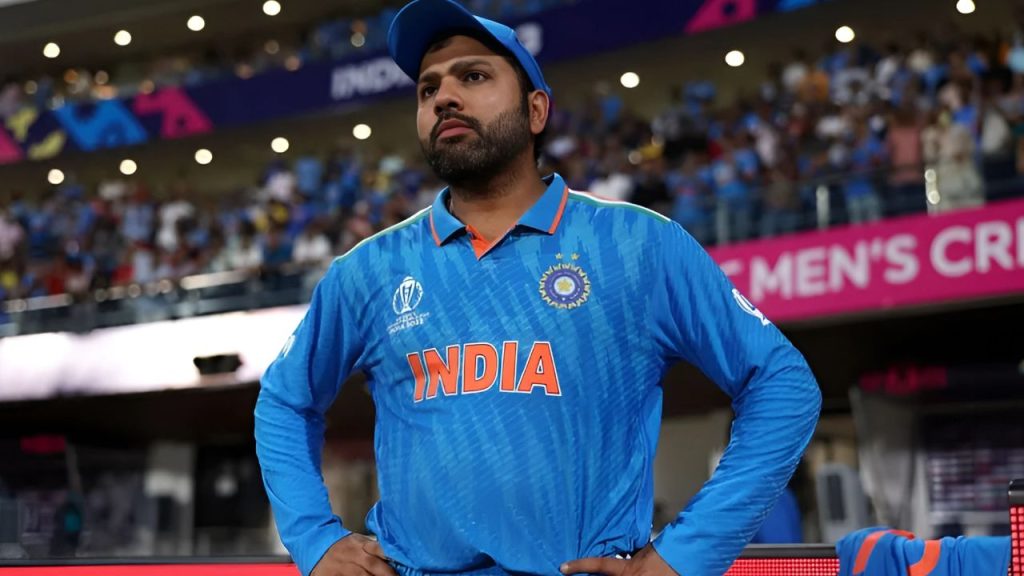In a move that has sent ripples through the cricketing community, Devon Conway and Finn Allen have become the latest players to decline New Zealand Cricket’s (NZC) central contracts for the 2024-25 season. This decision marks a significant moment in the evolving landscape of international cricket, where the allure of franchise leagues around the globe is increasingly challenging the traditional structures of national cricket boards.
The Shift Towards Franchise Cricket
The trend of players opting out of central contracts to pursue opportunities in franchise leagues isn’t new, but Conway and Allen’s decisions highlight a growing phenomenon. Franchise cricket, with its lucrative deals and flexible schedules, offers players not just financial benefits but also the chance to play in diverse cricketing environments, enhancing their skills and marketability. Conway’s move to a casual contract, allowing him to participate in the SA20 league while still being available for most of New Zealand’s international commitments, exemplifies this new model of cricketing career management.
Impact on New Zealand Cricket
For NZC, this trend poses both challenges and opportunities. On one hand, the loss of players to franchise leagues could weaken the national team’s depth, especially in formats where these players excel. On the other hand, it pushes NZC to innovate its contract system, making it more appealing or flexible for players. The casual contract approach, as seen with Conway, might become more common, allowing players to balance their international duties with lucrative league opportunities.
Player Perspectives
Conway’s statement reflects a common sentiment among players today: “Playing for the Black Caps is still the pinnacle for me.” This indicates that while franchise cricket is financially rewarding, the pride of representing one’s country remains paramount. However, the decision to opt for a casual contract or decline central contracts altogether suggests that players are now more empowered to dictate their cricketing careers, focusing on what they believe is best for their professional and personal lives.
The Broader Cricketing Ecosystem
This shift also reflects broader changes in cricket’s ecosystem. The proliferation of T20 leagues worldwide has created a global market for cricketers, where skills, not just nationality, determine value. This could lead to a more competitive environment where players from smaller cricketing nations might find better opportunities abroad, potentially leading to a more balanced global cricketing landscape.
Future Implications
The decisions by Conway and Allen might set a precedent. If more players follow suit, NZC and other cricket boards might need to rethink their player retention strategies. This could involve more flexible contracts, higher remuneration, or even integrating franchise opportunities into national contracts. However, the balance between national duty and personal career growth will continue to be a tightrope walk for players and boards alike.
The choice by Devon Conway and Finn Allen to step away from central contracts underscores a pivotal moment in cricket’s history. It’s a testament to the changing dynamics where players are not just athletes but also savvy professionals navigating a global market. For fans, it’s a time of reflection on what this means for the future of cricket, where the game’s spirit might transcend traditional boundaries, creating a more interconnected, yet challenging, cricketing world.






